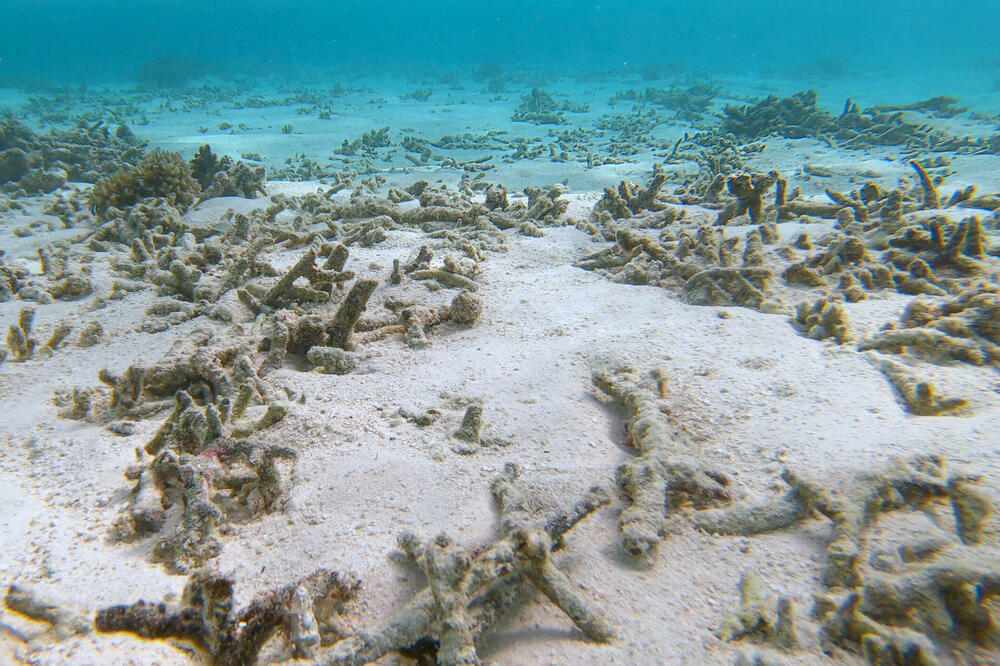Coral reefs around the world are experiencing global bleaching for the fourth time, scientists said on Monday (April 15), the result of ocean warming due to human-induced climate change.
Coral reef bleaching in at least 53 countries, territories or local economies has been confirmed since February 2023, scientists from the National Oceanic and Atmospheric Administration and the International Coral Reef Initiative said.
This happens when stressed corals throw out the algae that are their food source and give them a colorful color. If the bleaching is severe and long-lasting, the coral may die.
Coral reefs are important ecosystems that sustain underwater life, protect biodiversity and slow erosion. They also support the local economy through tourism.
Bleaching has been happening for some time in various regions. In the largest coral reef ecosystem in the world, Australia's Great Barrier Reef, bleaching has affected 90 percent of the coral, it is estimated by 2022. Florida's third largest coral reef experienced significant bleaching last year.
But for bleaching to be declared global, it must be documented in each of the major ocean basins, including the Atlantic, Pacific and Indian Oceans, in both the Northern and Southern Hemispheres.
This is the second bleaching in the last ten years. It previously ended in May 2017. Fueled by a strong El Niño climate pattern that warmed the world's oceans, it lasted three years and was found to be more complex than the previous two bleaching events in 2010 and 1998.
This year's bleaching followed the announcement that 2023 was the hottest year on record.
"As the world's oceans continue to warm, coral bleaching is becoming more frequent and more severe," said Derek Mancelo, NOAA Coral Reef Watch coordinator.
One reef that fared better than others last year was the Flower Garden Banks National Marine Sanctuary, which was protected by its location in deeper waters in the Gulf of Mexico about 170 kilometers off the Texas coast.
Bonus video:





